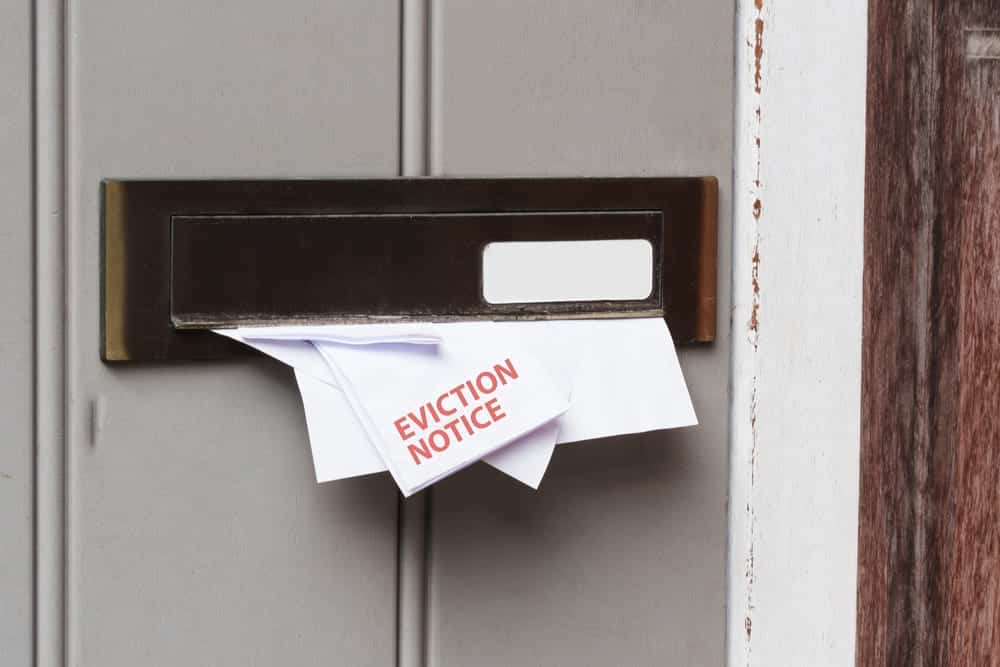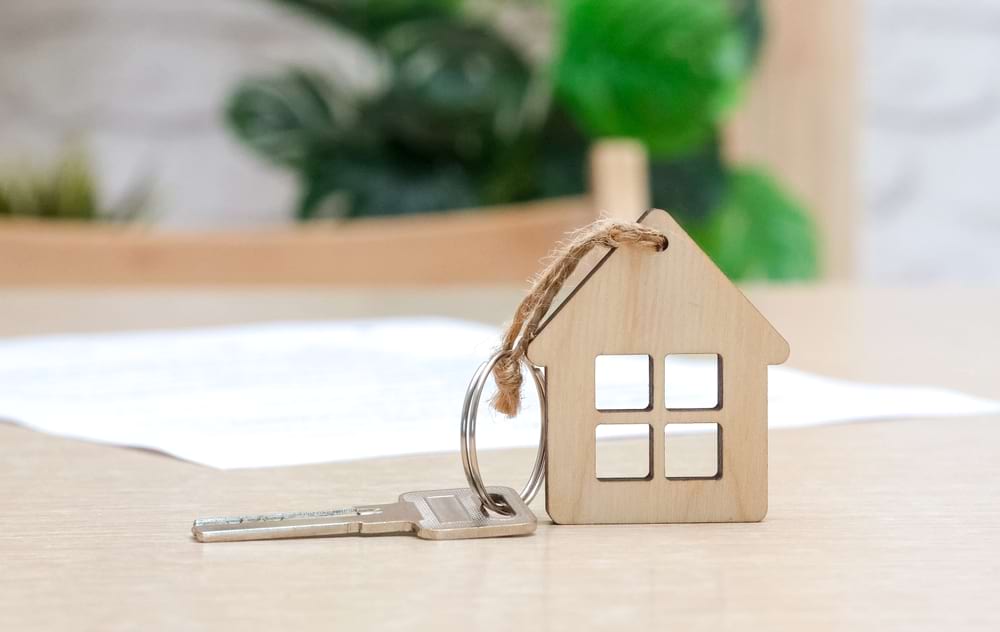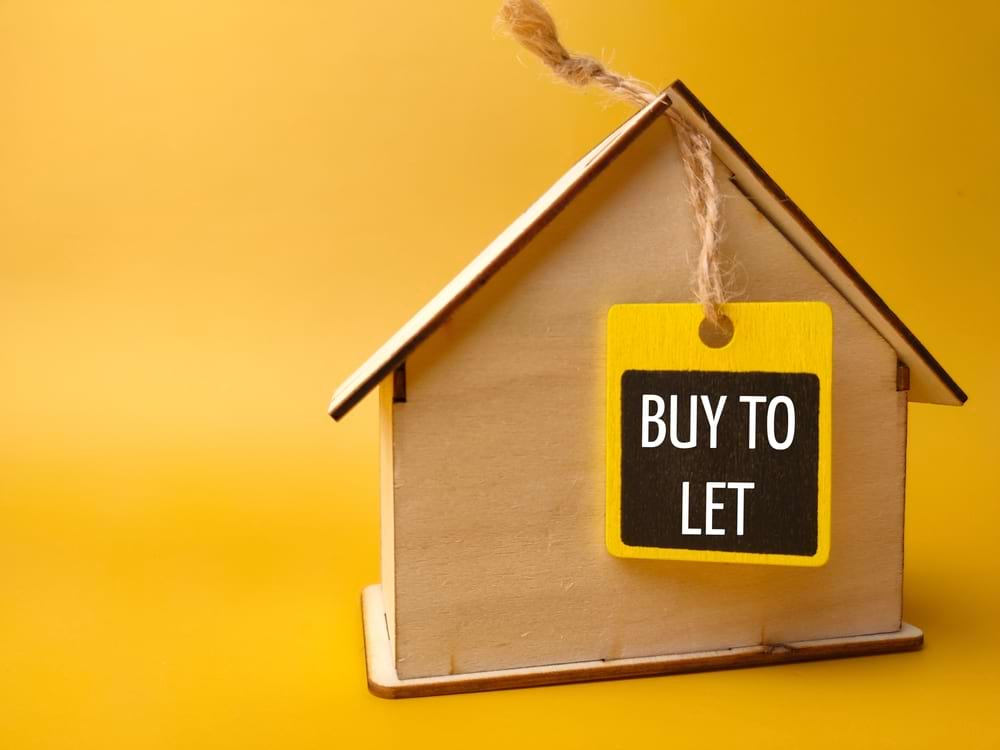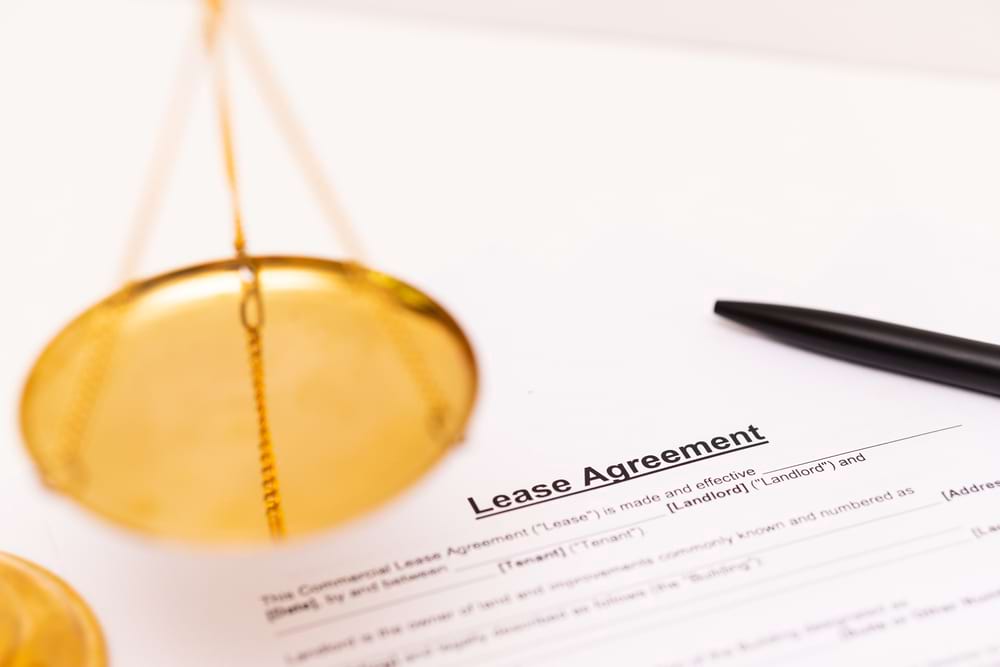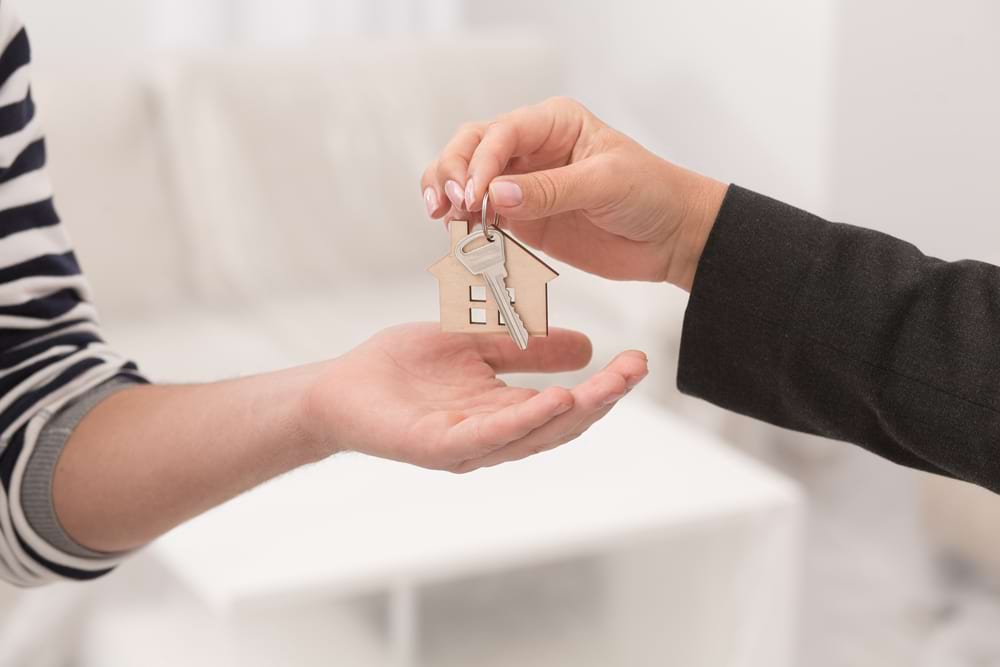Commercial property has seen its ups and downs, especially with recent remote work trends.
However, the sector is still very much alive. And many companies in the UK still lease office space.
Curious to learn about the rateable value of your property?
Read on to learn more.
What does rateable value of a property mean?
A property’s rateable value refers to how much rent it would be expected to bring in if it was let out. This term is used specifically for commercial properties in the United Kingdom.
This value must be determined because all non-residential properties, including businesses, are required to pay business rates.
Business rates are sometimes described as the business equivalent of council tax.
Who determines a property’s rateable value?
A valuation officer from the Valuation Office Agency will visit a commercial space to determine its rateable value.
This is used to decide the business rates for the business based there.
Does rateable value only apply to commercial properties?
Rateable value only applies to non-domestic properties, i.e., non-residential ones.
The term non-domestic property also encompasses:
- Public sector buildings (such as hospitals and schools)
- Land (such as a farm)
- Temporary accommodation (such as care homes).
Do rateable values apply to all businesses?
Rateable values do not apply to all business use cases.
For example, if a homeowner or tenant registers a business from a property, but that property’s use is primarily (60%+) residential, a rateable value is not applicable.
How do I find out my property’s rateable value?
If you currently pay business rates, then you should receive a bill. This will show your property’s rateable value.
You can also search for your property on the Valuation Office Agency website. You’ll need your postcode or property reference number to do this.
Some non-domestic properties are exempt from business rates. This means that it might not have a recorded rateable value. The main examples include:
- Agricultural land and buildings
- Buildings used for training or looking after disabled people
- Religious buildings or church halls
- Properties with rateable values below £2,900
- Unoccupied listed buildings.
You should speak to a commercial property expert if you own a property that fits within one of these categories.
They can advise on whether you meet the criteria and whether a rateable value exists.
You may also want to contact the Valuation Office Agency if you have questions about the business rates you’re paying.
How does a property’s rateable value change over time?
A property’s rateable value reflects how much rent it would collect in a year.
This means that, as commercial rent prices move, so too will your property’s rateable value.
Plenty of other factors can cause your rateable value to change, including:
- Changes to the building
- Revaluation by the Valuation Office Agency
- New budgets and laws introduced by the Government
- Demand for space in the area
- Changes in the local area.
Business rates have fluctuated in recent years. Local government bodies across the UK are keen to breathe life back into high-street shops.
And they’ve faced increasing pressure to slow down increases, as a result.
In some cases, a commercial lease will indicate a fixed increase in rent every year.
Are commercial property rent rates changing?
Before getting into office, the current Labour government stated that they planned to “replace the business rates system” in England.
Their stated aim is:
“[to] level the playing field between the high street and online giants, better incentivise investment, tackle empty properties and support entrepreneurship”.
At the time of writing, nothing significant has changed. However, we will update this blog if and when it does.
Can I ask for the rateable value of someone else’s property?
Yes, you can ask for this information from a commercial property’s owner. However, they’re not obliged to give it to you.
You will typically ask this question if you’re thinking about buying it. In this case, knowing the answer is in your best interest so you can plan ahead.
If the current owner drags their heels about giving you this detail, it can cause the transaction to fall apart. So, they usually will tell you.
Can I find out the rateable value of someone else’s property?
You can ask the property owner directly. But they don’t have to give you this information.
You may choose to do your own research. You can ask the owners of similar commercial properties what their rates are.
Or you can use the government website to see the business rates of similar commercial units. The same applies to farmland.
When is it useful to know the rateable value of a property?
It’s useful to know this information for a non-domestic property you’re considering buying.
The business rates will be one of your costs. It’s thus helpful to estimate what this is likely to be.
The previous owner will typically understand this and shed some light on the matter.

